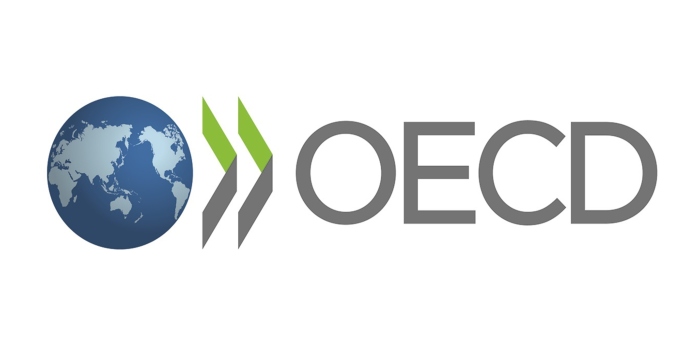
05/11/2021 – The OECD and the Government of Viet Nam today signed a Memorandum of Understanding (MoU) to strengthen co-operation over the next five years.
The MoU, the Organisation’s first with Viet Nam, will frame future co-operation and pave the way for an eventual OECD Country Programme with Viet Nam. It was signed in Paris by OECD Secretary-General Mathias Cormann and Viet Nam Foreign Minister Bui Thanh Son in the presence of Pham Minh Chinh, Prime Minister of Viet Nam.
The MoU aims to support Viet Nam’s reform efforts in areas where it is already working with the OECD, such as competition, investment, and tax policy. It will also support country-specific reports like the first OECD Economic Survey of Viet Nam, due in 2022, and can support the follow up of the OECD Clean Energy Finance and Investment Policy Review of Viet Nam, published earlier today.
The Review finds that Viet Nam has been successful in facilitating high levels of investment in clean energy in recent years. The rapid growth of the solar market, however, has resulted in challenges with integrating variable renewable generation into the grid and changes to renewable procurement mechanisms are emerging sources of investor uncertainty. Adapting standardised contracts to minimise investor risk perceptions would support greater flows of capital and reduce the cost of financing clean energy infrastructure. The Review also outlines recommendations to help Viet Nam mobilise finance and investment to turn the energy sector carbon neutral, a prerequisite to reach its pledge of net zero emissions by 2050, made at COP26 this month.
“The clean energy sector will play a crucial role in making Viet Nam’s recovery sustainable and helping it to achieve its industrial targets,” Mr Cormann said of the Review. “Effective clean energy policies are increasingly a source of comparative advantage to attract foreign direct investment, particularly in the manufacturing sector, as international companies seek to make their supply chains carbon neutral.”
Viet Nam currently participates as a Bureau member of the OECD’s Southeast Asia Regional Programme, and hosted the 2016 OECD Southeast Asia Regional Forum in Hanoi.
Note to Editors:
The OECD is an international organisation that promotes policies to improve the economic and social well-being of people worldwide. Working with member and partner countries, it provides a forum where governments can work together to share experiences and seek solutions to economic, social and governance challenges.
The OECD’s 38 members are: Australia, Austria, Belgium, Canada, Chile, Colombia, Costa Rica, Czech Republic, Denmark, Estonia, Finland, France, Germany, Greece, Hungary, Iceland, Ireland, Israel, Italy, Japan, Korea, Latvia, Lithuania, Luxembourg, Mexico, the Netherlands, New Zealand, Norway, Poland, Portugal, Slovak Republic, Slovenia, Spain, Sweden, Switzerland, Turkey, the United Kingdom and the United States.
The OECD engages with Viet Nam through country specific projects and the Southeast Asia Regional Programme (SEARP). This engagement takes various forms such as participation in OECD Bodies, country-specific policy reviews, integration of relevant data series in OECD databases, benchmarking exercises, and adherence to OECD instruments.
Over the years, Viet Nam and the OECD have cooperated on a number of country-specific reports and publications including the Multi-dimensional Review of Viet Nam in 2020 and the SME and Entrepreneurship Policy in Viet Nam in early 2021. The former provided inputs to the Socio-Economic Development Plan 2021-2025. In 2018, the OECD published an Investment Policy Review, an Urban Policy Review, and a Peer Review of Competition Law and Policy in Vietnam. In 2015, OECD published the Agriculture Policy Review of Viet Nam and the Science, Technology and Innovation in Viet Nam.
Read more about OECD work with Viet Nam
For further information, journalists are invited to contact the OECD Media Office (+33 1 45 24 80 97).
Working with over 100 countries, the OECD is a global policy forum that promotes policies to preserve individual liberty and improve the economic and social well-being of people around the world
<!–
| Full Name | |
| Email Address | |
| Comment |
|
–>
by :
Source link
